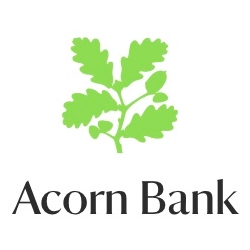Acorn Bank
Acorn Bank Garden & Watermill is a National Trust property situated just north of Temple Sowerby, near Penrith, Cumbria.
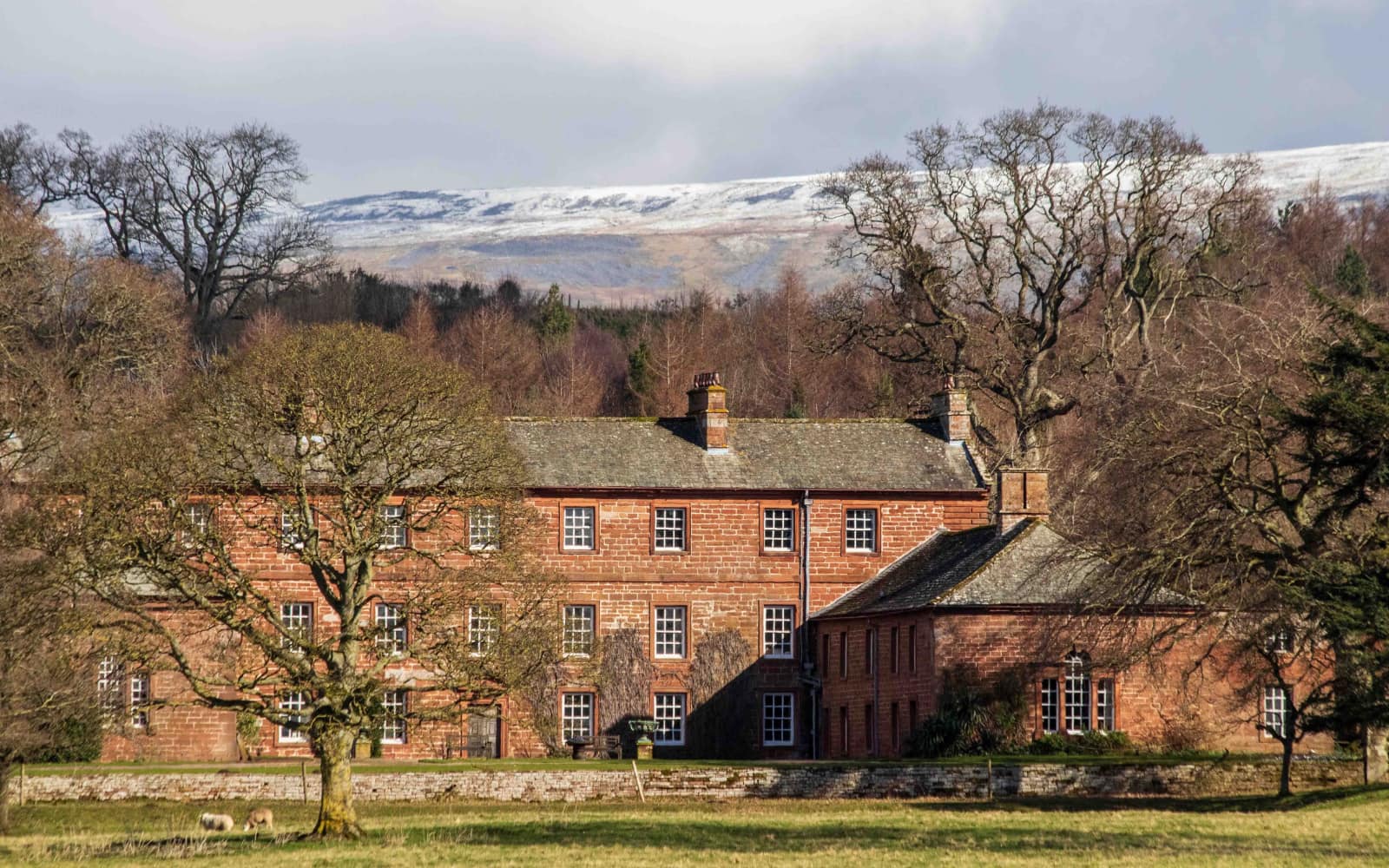
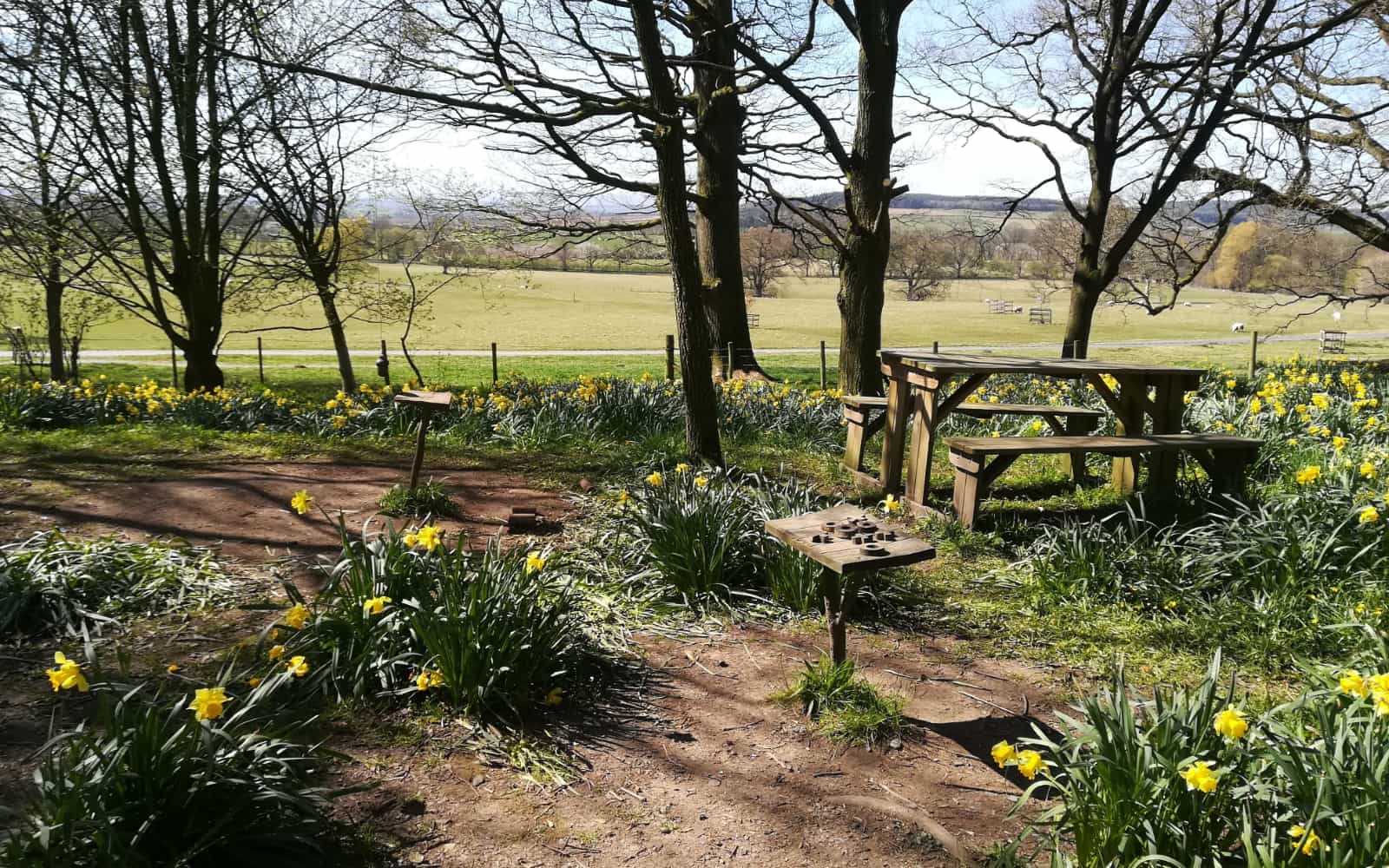
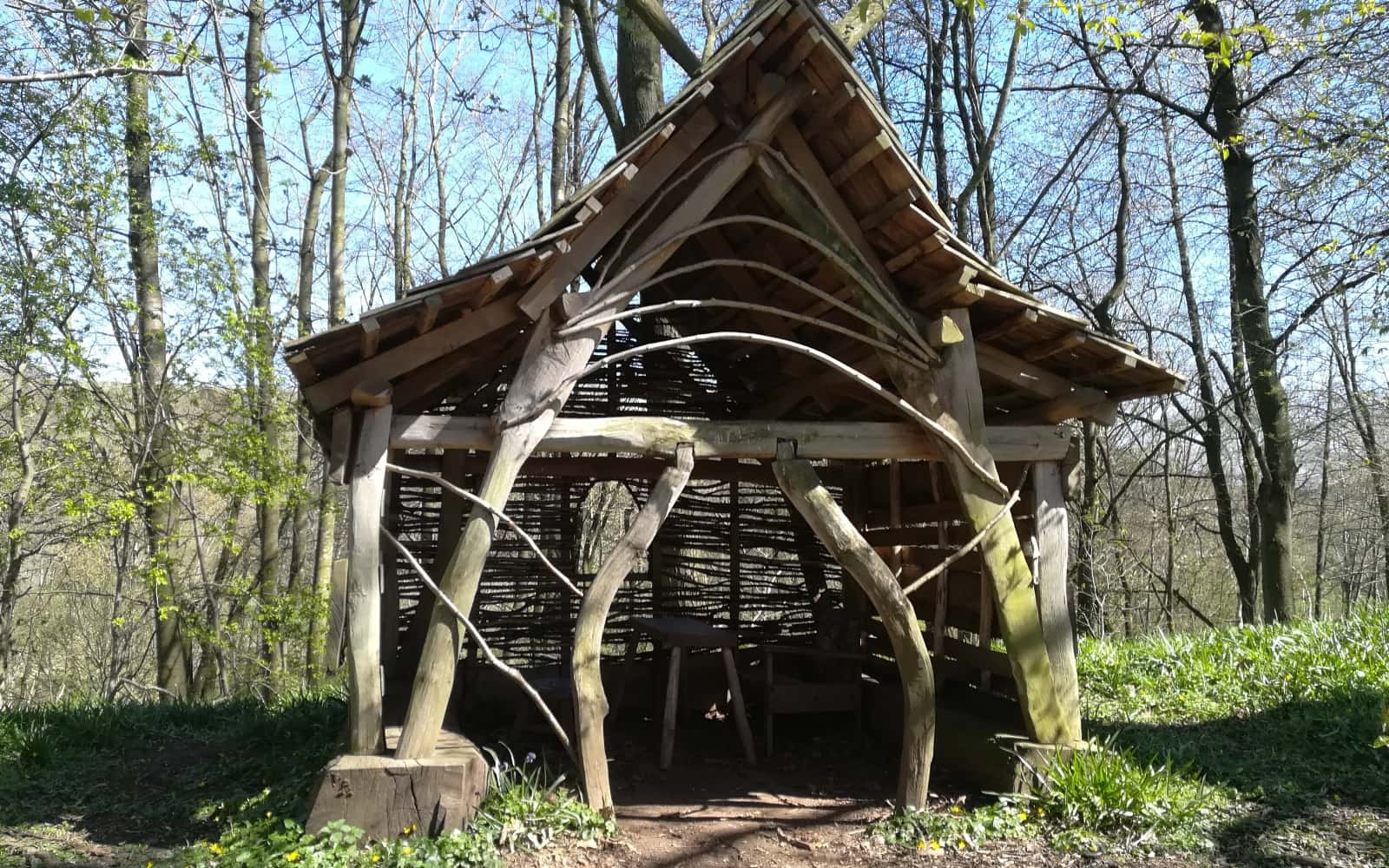
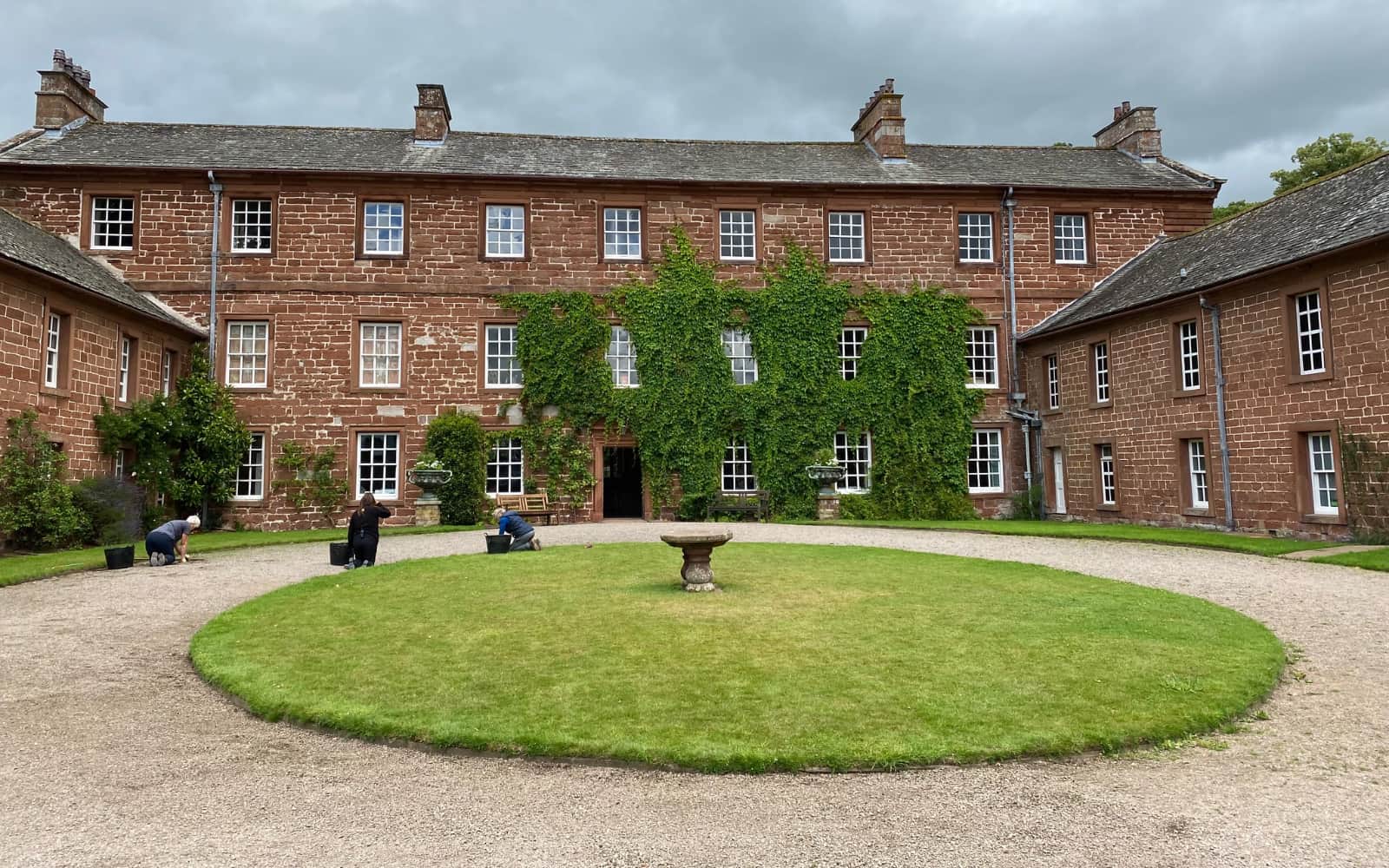
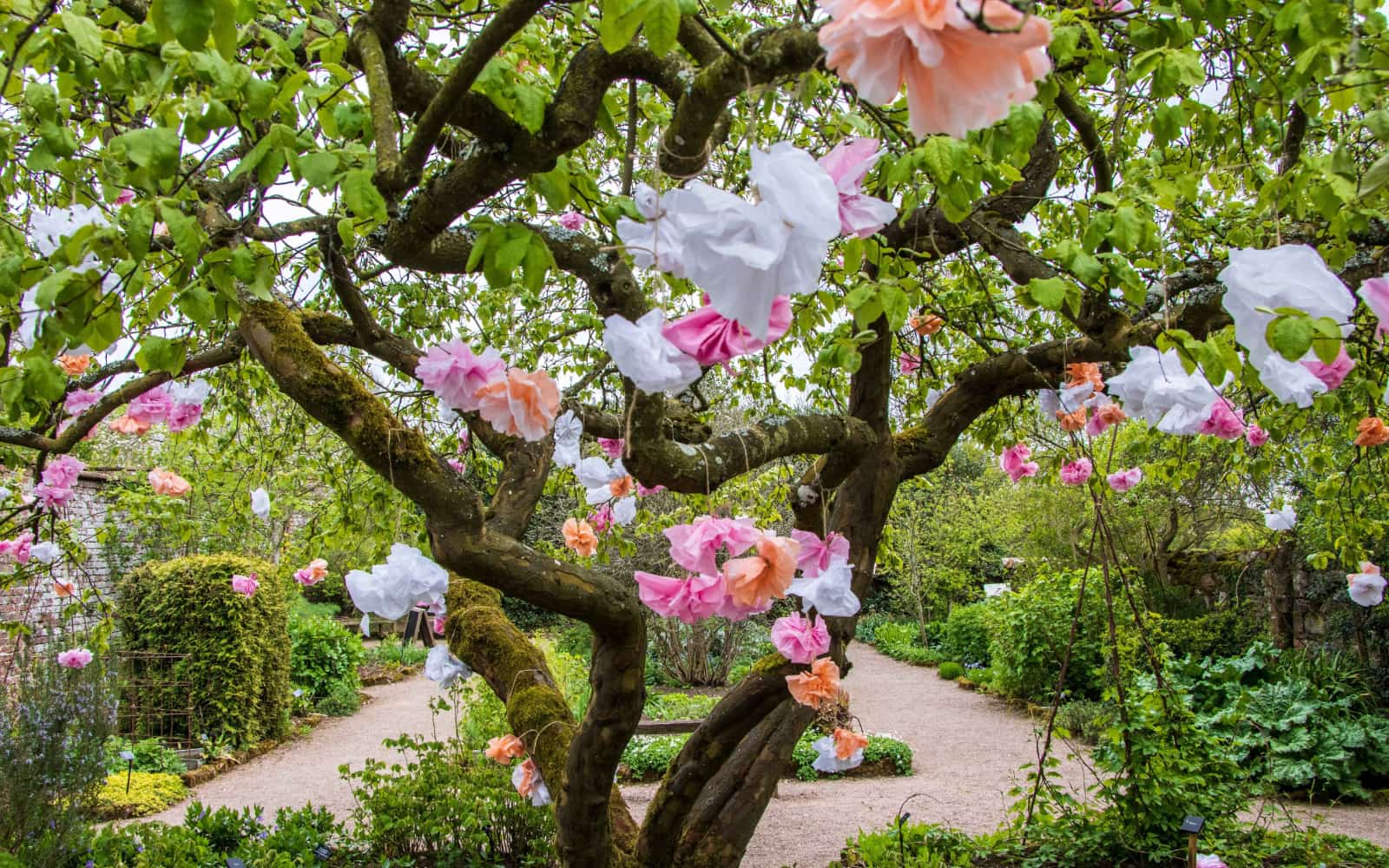
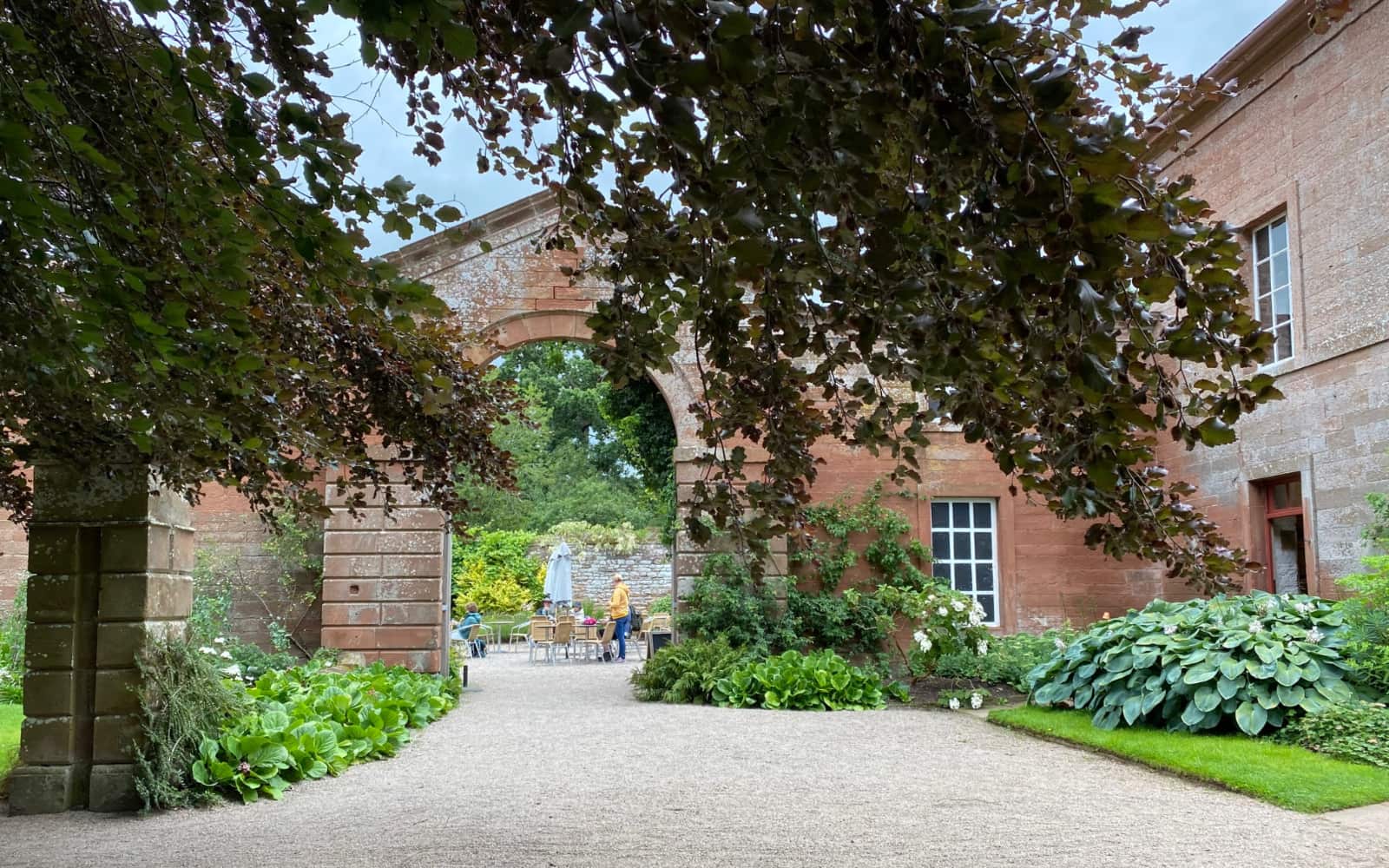
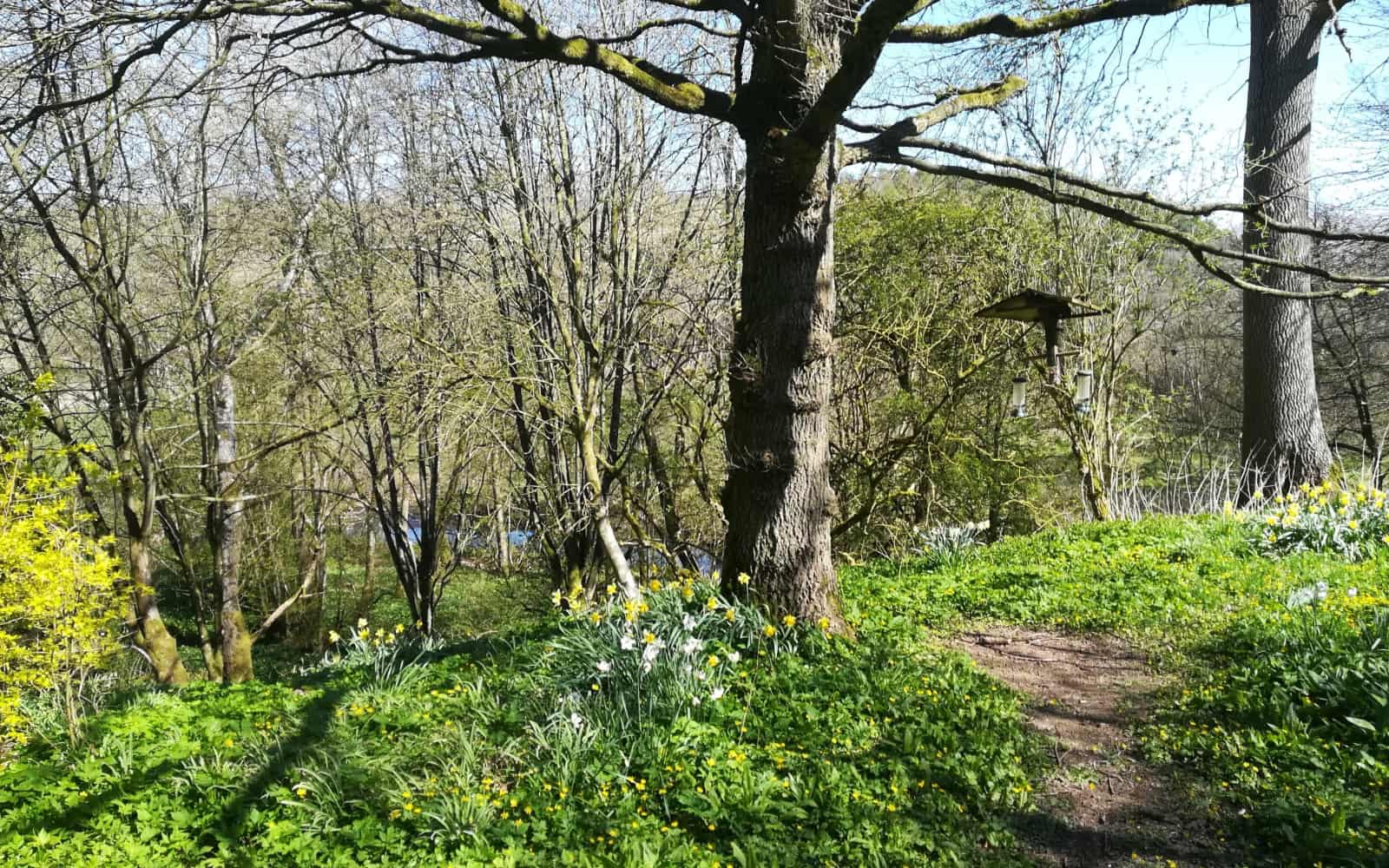
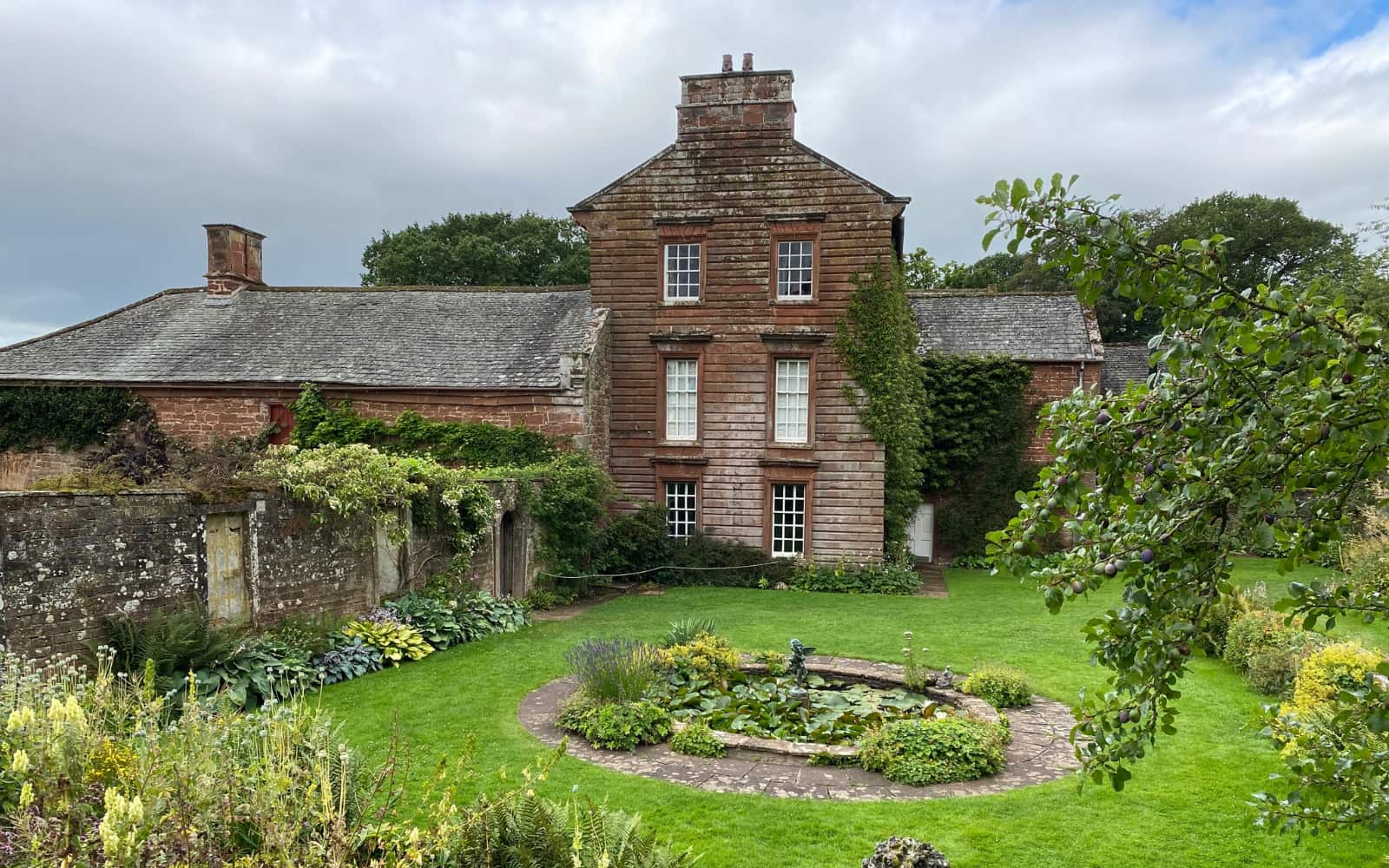
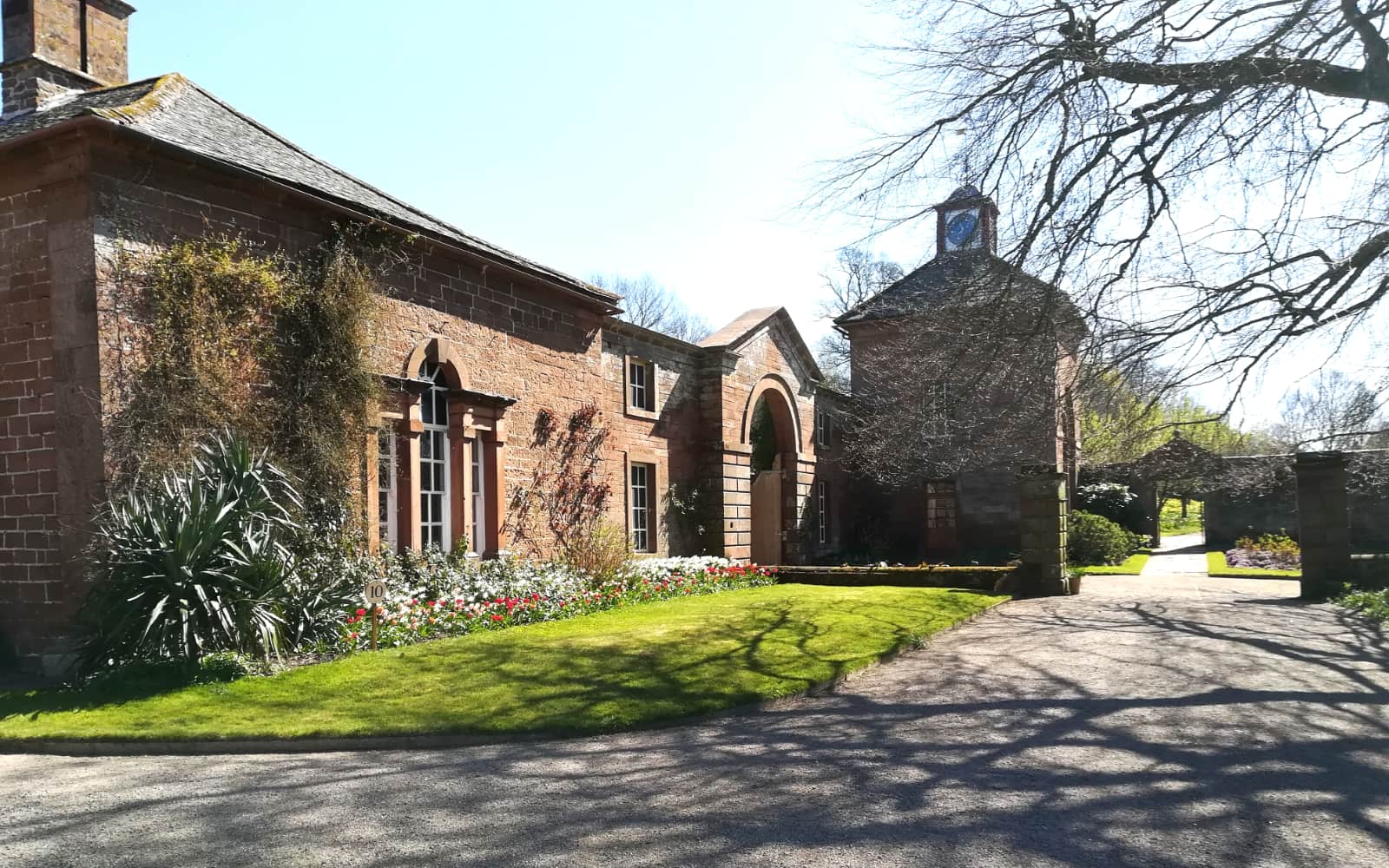
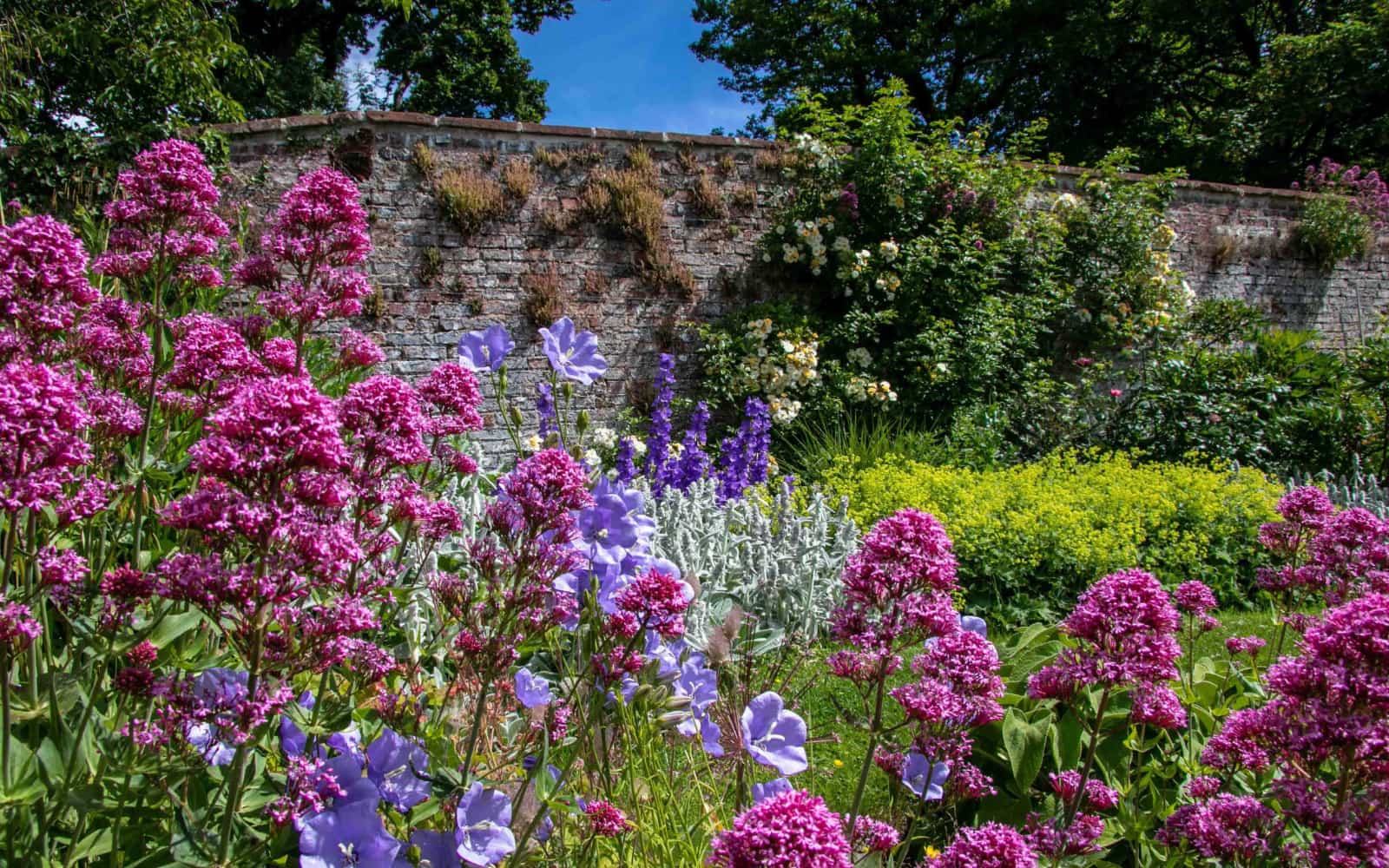
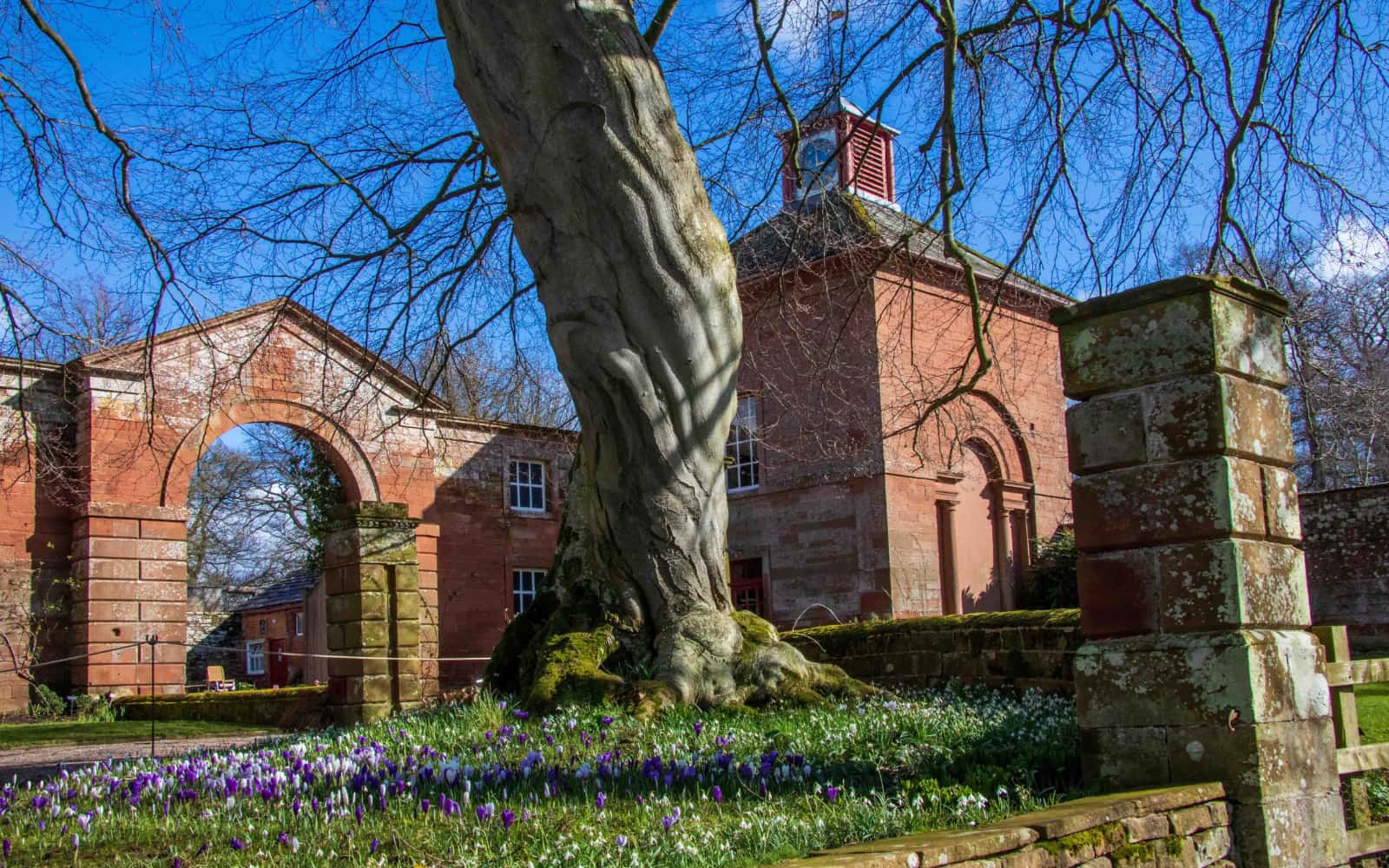
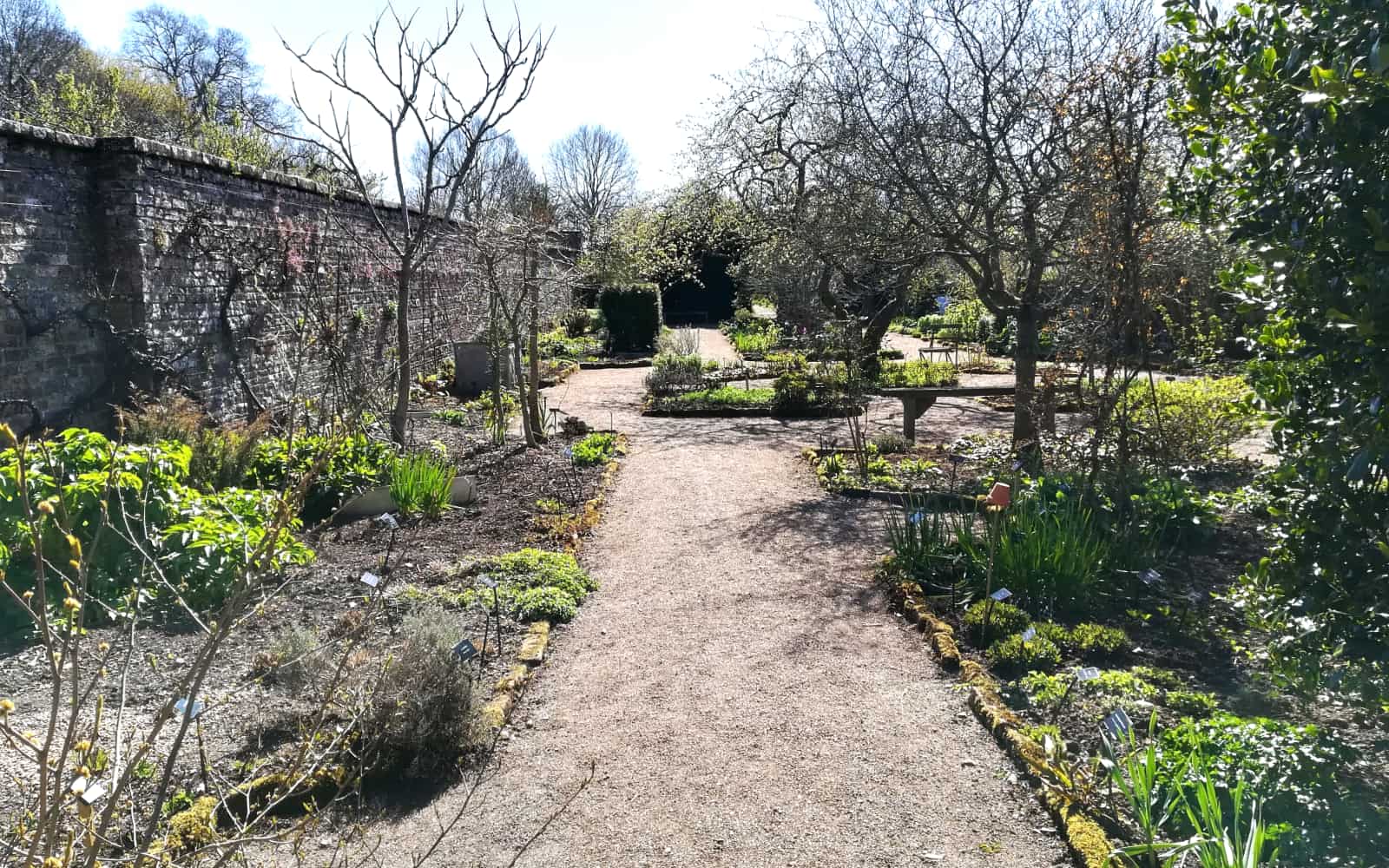
A brief history of Acorn Bank
Acorn Bank has a long history. In 1228 it was the site of a religious house of the Knights Templar, but on their suppression it passed to the Knights of the Hospital of St John, who held it from 1323 until the Dissolution. In 1543 it became the property of the Dalston family. Parts of the house date from the 16th century, but the main block was rebuilt in the 17th century, the whole house was then given a new façade with Georgian sash windows in the 1740s.
Acorn Bank, with 180 acres of park and woodland, was given to the National Trust in 1950, by Dorothy Una Ratcliffe, the Yorkshire writer and traveller, who, with her second husband Capt. Noel McGrigor Phillips, bought the property in 1934. The house was thereafter leased to tenants, most recently, The Sue Ryder Foundation, who used it as a nursing home until 1996. The building, which retains none of its original contents, then returned to the direct management of the National Trust. After initial extensive repairs and restoration, holiday apartments were established within the house to provide much needed income. The tearoom was opened in one wing in 2000. In 2012, we relocated the shop and visitor reception into the house and enabled regular visitor access to empty ground floor rooms for the first time, as we embarked on a journey to bring the house back to life. Biomass central heating replaced the ancient and inefficient oil fired boilers in June 2013 and we are exploring ideas for future uses of the house, whilst addressing its conservation needs in the shorter term.
The gardens were first enclosed and the brick-lined fruit walls built in about 1650. Dorothy Una Ratcliffe completely restored them in the 1930s and 40s, introducing ornamental ironwork and statuary and creating a wildflower and bird reserve on the bank behind the house. The garden has been directly managed by the Trust since 1969 and is well known for its collection of medicinal and culinary herbs. The herb garden was re-designed and comprehensively re-planted in 2003. The garden is also becoming increasingly known for its orchards and the annual Apple related days, such as pruning, identification, juicing etc. A collection of local apple varieties has been established in the new orchard, on the site of a former vegetable garden.
There has been a watermill at Acorn Bank for hundreds of years, the first mention is made in 1323 when the estate passed to the Knights Hospitaller; however the present building dates from the early 19th century. Although primarily a corn mill, the mill has also been used to provide power to the Estate’s Gypsum mines. The mill ceased to work in the 1940s’ and gradually fell into a state of ruin. Restoration began in the late 1980’s, at which time, the woodland walks were also opened up, allowing visitors much greater access to the property. Recent restoration work has been carried out by our team of volunteer mill stewards and flour was ground for the first time for more than 70 years, in September 2011.
Visit Acorn Bank at Acorn Bank Watermill
Or at Acorn Bank National Trust website
Tel: 01768361893
Email: acornbank@nationaltrust.org.uk
Address:
Temple Sowerby, near Penrith, Cumbria, CA10 1SP
